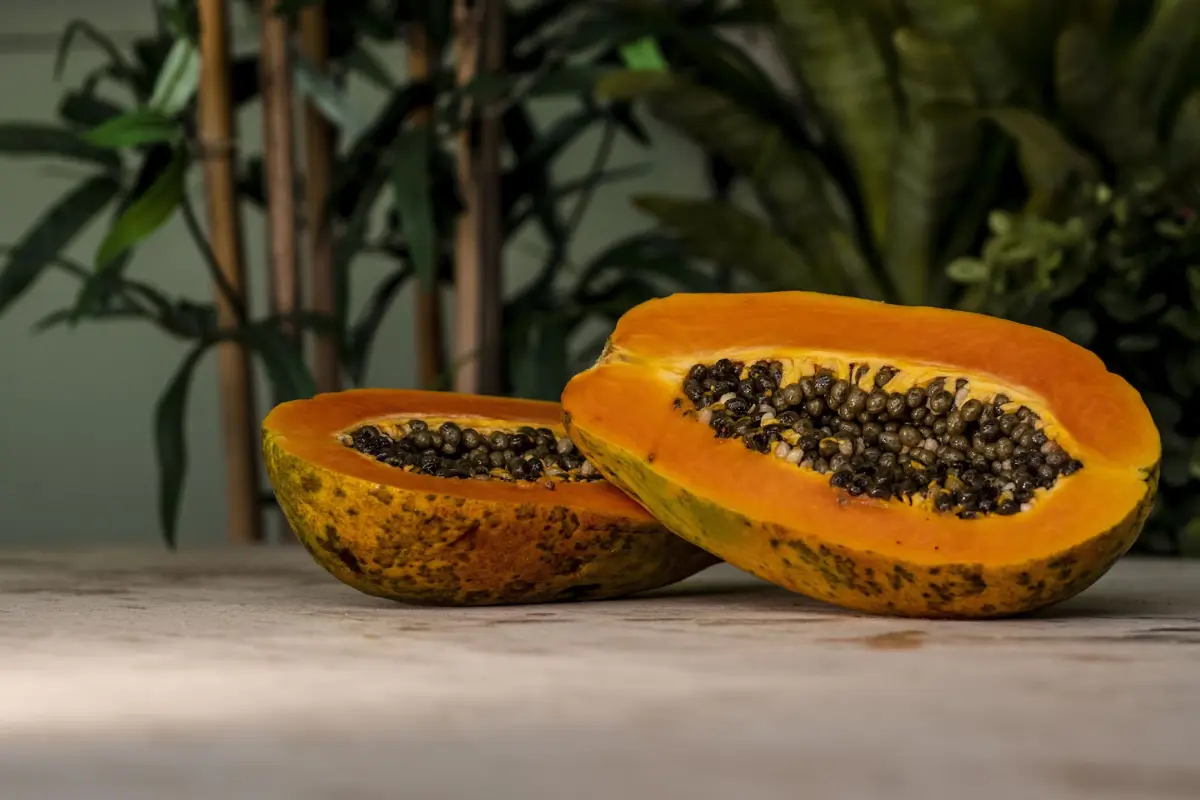In the vast world of nutrition, proteins stand out as the building blocks of life. Essential for the growth, repair, and maintenance of all body tissues, proteins also play a crucial role in immune system function, hormone production, and the maintenance of lean muscle mass. Incorporating a variety of protein-rich foods into your diet is not just beneficial; it’s essential for optimal health. This guide will explore the diverse sources of protein, their benefits, and how to effectively include them in your diet.
Understanding Proteins and Their Importance
Proteins are composed of amino acids, which are organic compounds that combine to form proteins. There are twenty different amino acids that the human body uses to develop and repair tissues. While the body can synthesize some of these amino acids, nine are considered essential, meaning they must be obtained through diet.
Adequate protein intake supports numerous bodily functions, including:
- Muscle repair and growth: Essential for athletes and those engaged in regular physical activity.
- Hormone regulation: Proteins play a critical role in the creation and function of hormones.
- Enzyme production: Every chemical reaction in the body is driven by enzymes, which are proteins.
- Immune system support: Proteins help form antibodies to fight infection.
- Energy provision: When carbohydrate stores are depleted, the body can use protein as an energy source.
Protein Foods to Include in Your Diet
Animal-Based Proteins
- Meat: Beef, pork, lamb, and game meats are excellent sources of high-quality protein, containing all nine essential amino acids. They are also rich in important nutrients like iron, zinc, and B vitamins. However, it’s advisable to choose lean cuts to minimize saturated fat intake.
- Poultry: Chicken and turkey breasts are low in fat and high in protein, making them a popular choice for those looking to build muscle or lose weight.
- Fish and Seafood: Fish such as salmon, tuna, and trout, along with shellfish like shrimp and lobster, not only provide high-quality protein but are also rich sources of omega-3 fatty acids, which are beneficial for heart health.
- Eggs: Often referred to as the perfect protein, eggs contain all nine essential amino acids. They’re also versatile and can be included in various meals.
- Dairy Products: Milk, cheese, and yogurt are excellent sources of protein and calcium. Fermented dairy products like Greek yogurt and kefir also contain probiotics, which are beneficial for digestive health.
Plant-Based Proteins
- Legumes: Beans, lentils, and peas are not only high in protein but also in fiber, which can improve digestive health and aid in weight management.
- Nuts and Seeds: Almonds, walnuts, chia seeds, and flaxseeds are good sources of protein and healthy fats, including omega-3 fatty acids.
- Whole Grains: Quinoa, buckwheat, and oats are among the few plant foods that contain all nine essential amino acids, making them excellent protein sources for vegetarians and vegans.
- Soy Products: Tofu, tempeh, and edamame are derived from soybeans and are complete proteins. They are also versatile and can be prepared in various ways to suit different tastes.
- Protein-rich Vegetables: Although vegetables are not as high in protein as other foods listed, some, like broccoli, spinach, and asparagus, contain a good amount.
The Benefits of a Protein Foods
Weight Management
Protein is more satiating than carbohydrates or fats, meaning it can help you feel fuller for longer, reducing overall calorie intake. Additionally, the body uses more energy to metabolize protein compared to carbs or fats, a process known as the thermic effect of food (TEF).
Muscle Growth and Repair
For athletes and those engaging in regular physical activity, protein is crucial for repairing and building muscle tissue, especially after exercise. Adequate protein intake can also help prevent muscle loss as part of an aging process.
Improved Bone Health
Contrary to the myth that high-protein diets can leach calcium from bones, recent research suggests that protein works synergistically with calcium to improve bone health, potentially reducing the risk of osteoporosis and fractures.
Enhanced Immune Function
Proteins help form antibodies that are essential in fighting infections, thus playing a vital role in maintaining a healthy immune system.
How to Include More Protein in Your Diet
Incorporating a variety of protein sources into your diet can ensure you get all essential amino acids and other nutrients. Here are some tips:
- Start your day with a protein-rich breakfast, like eggs or Greek yogurt.
- Include a lean protein source in every meal.
- Snack on nuts, seeds, or cheese.
- Use plant-based proteins like beans and lentils in salads, soups, and stews.
- Explore protein supplements like whey or plant-based powders if you struggle to meet your protein needs through food alone.
Conclusion
Protein plays an indispensable role in the diet, contributing to muscle repair, hormone production, and overall health. By incorporating a variety of protein-rich foods into your meals, you can enjoy the wide-ranging benefits of this essential nutrient. Remember, balance is key in any diet, so complement your protein intake with plenty of vegetables, fruits, whole grains, and healthy fats to ensure a well-rounded and nutritious diet.












